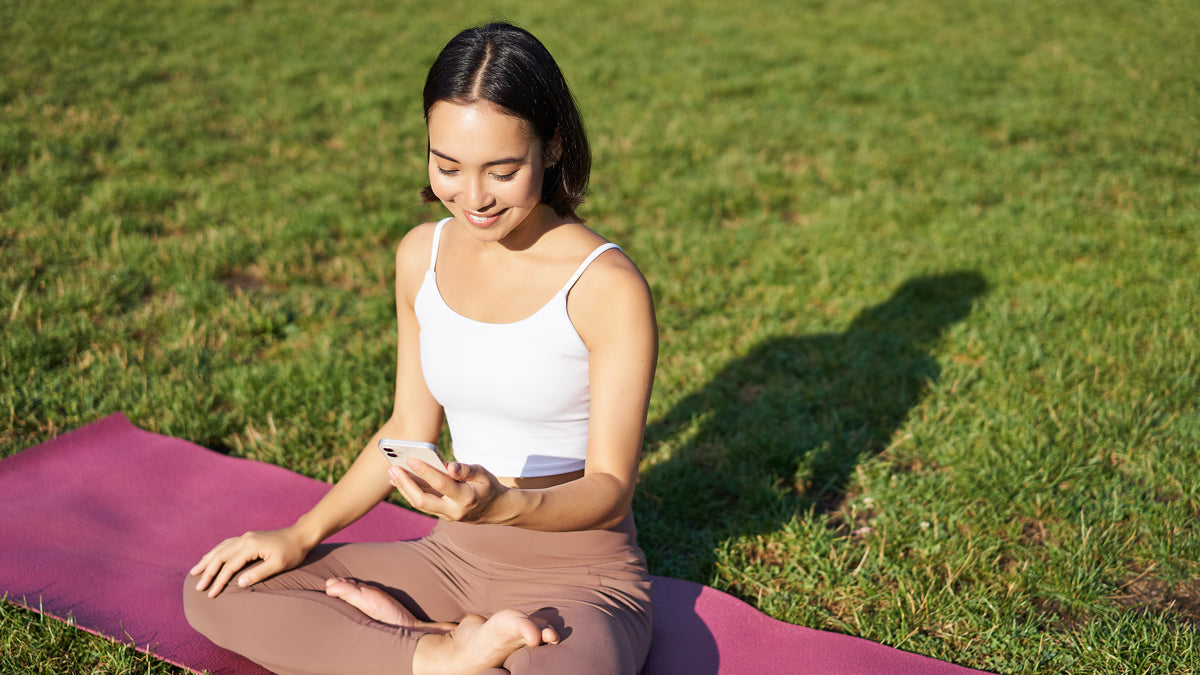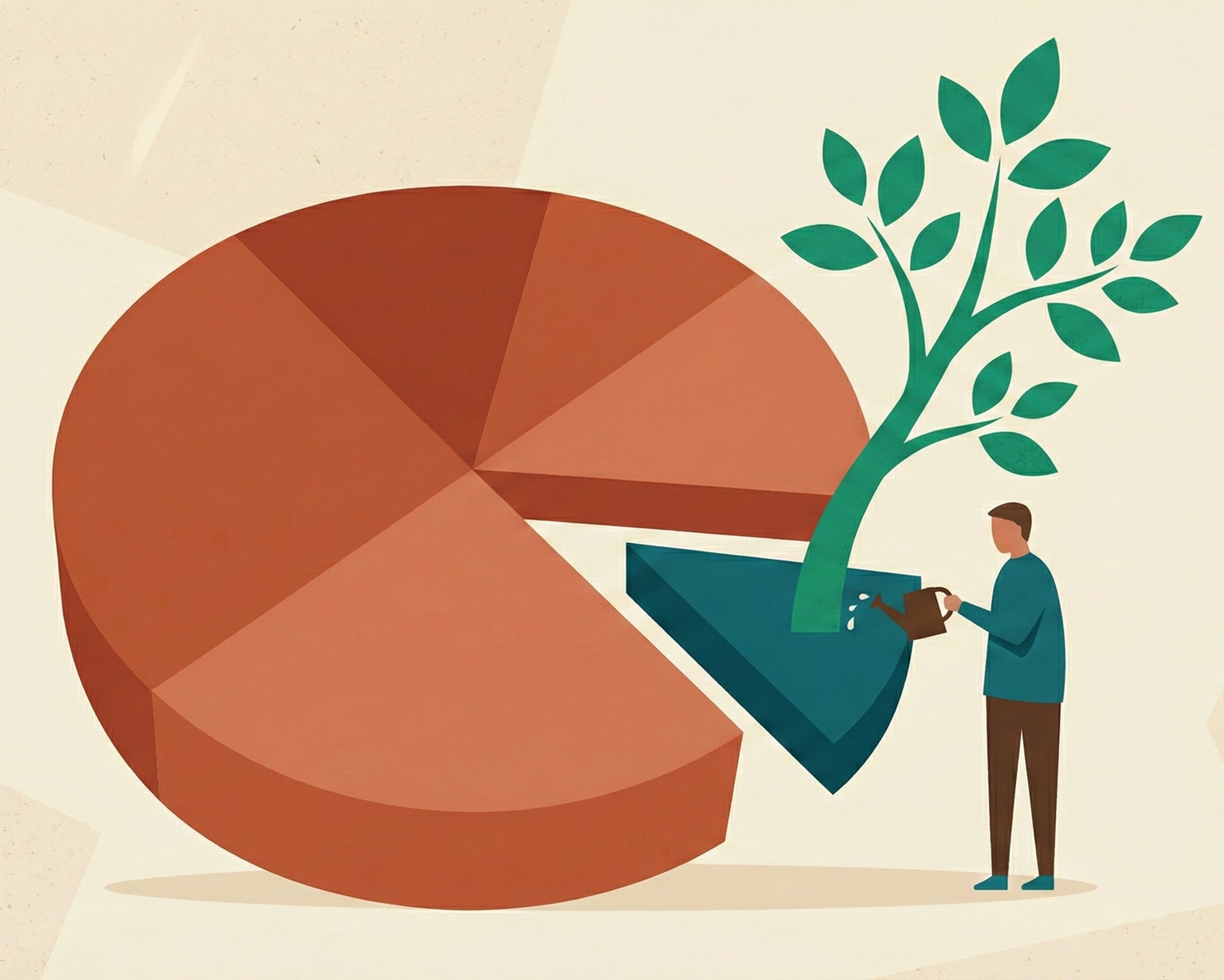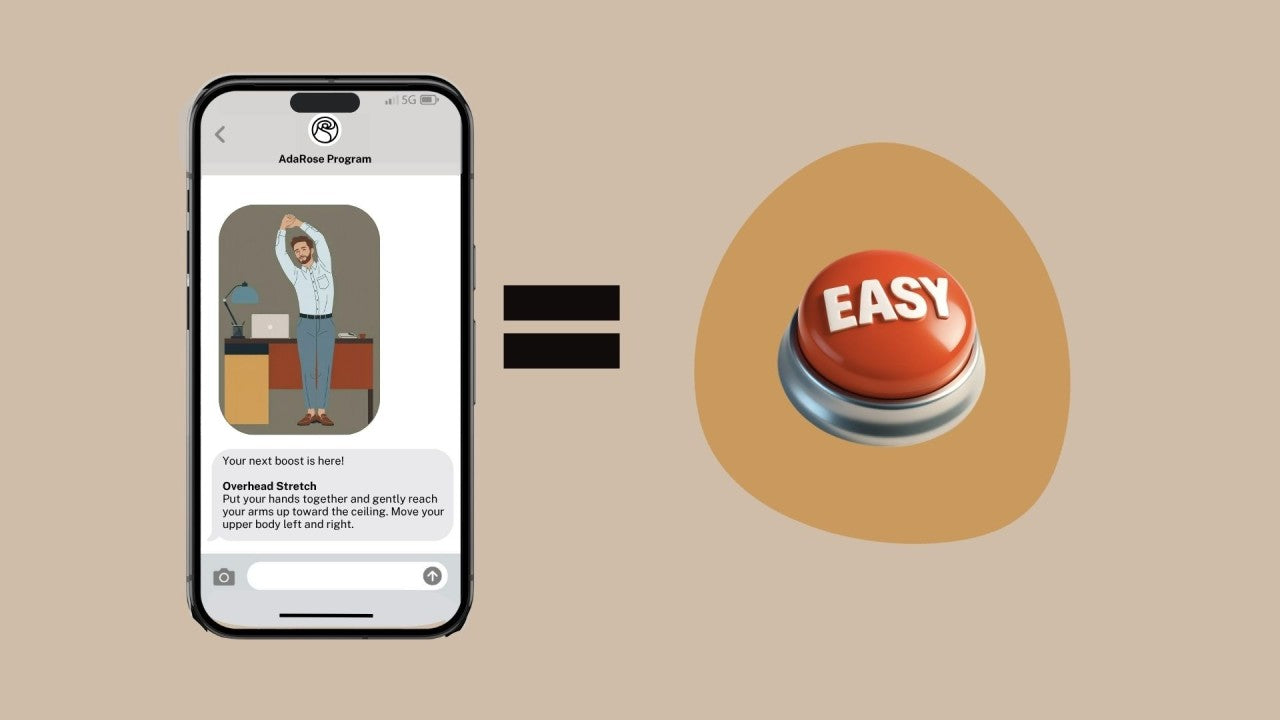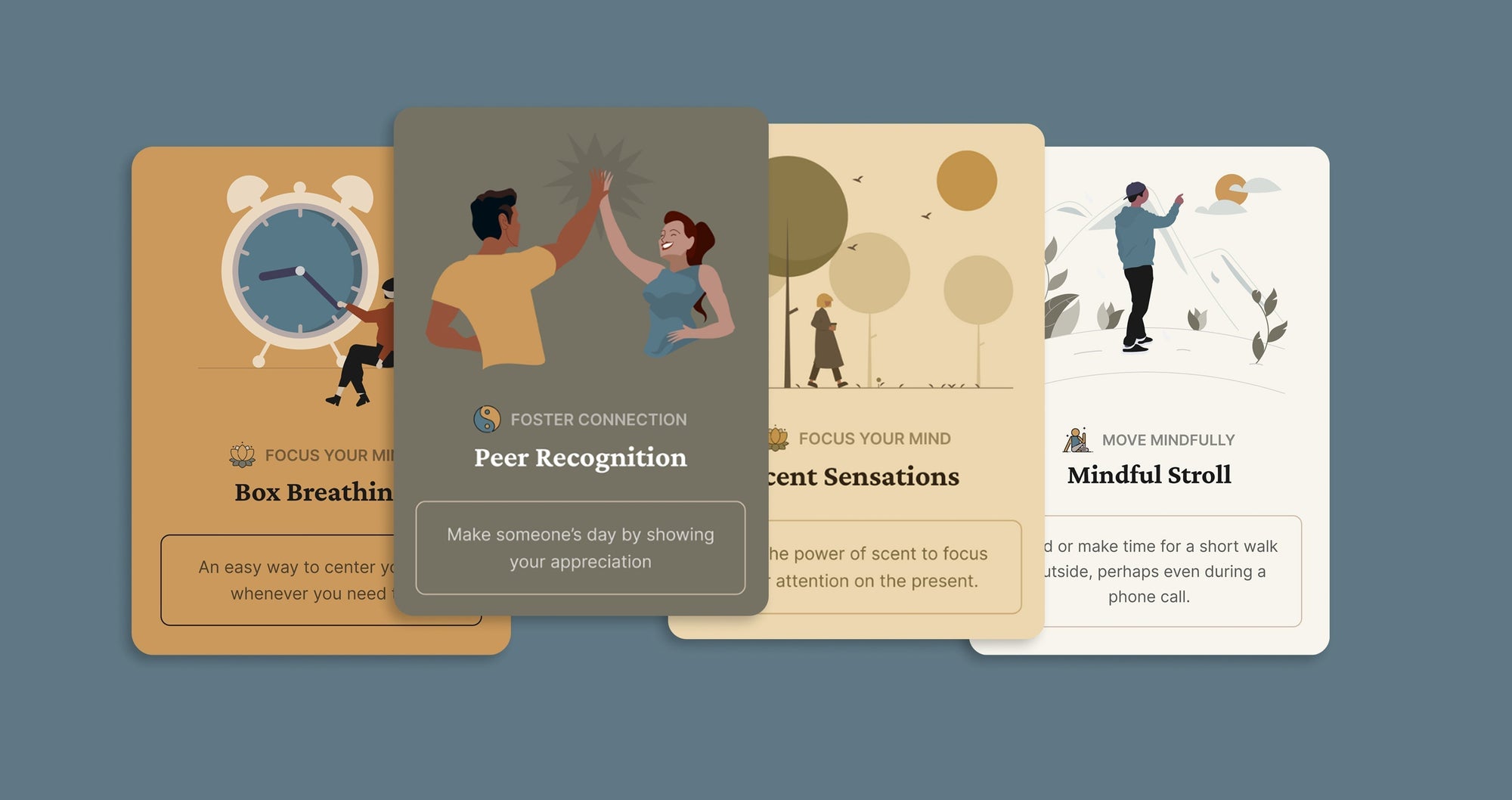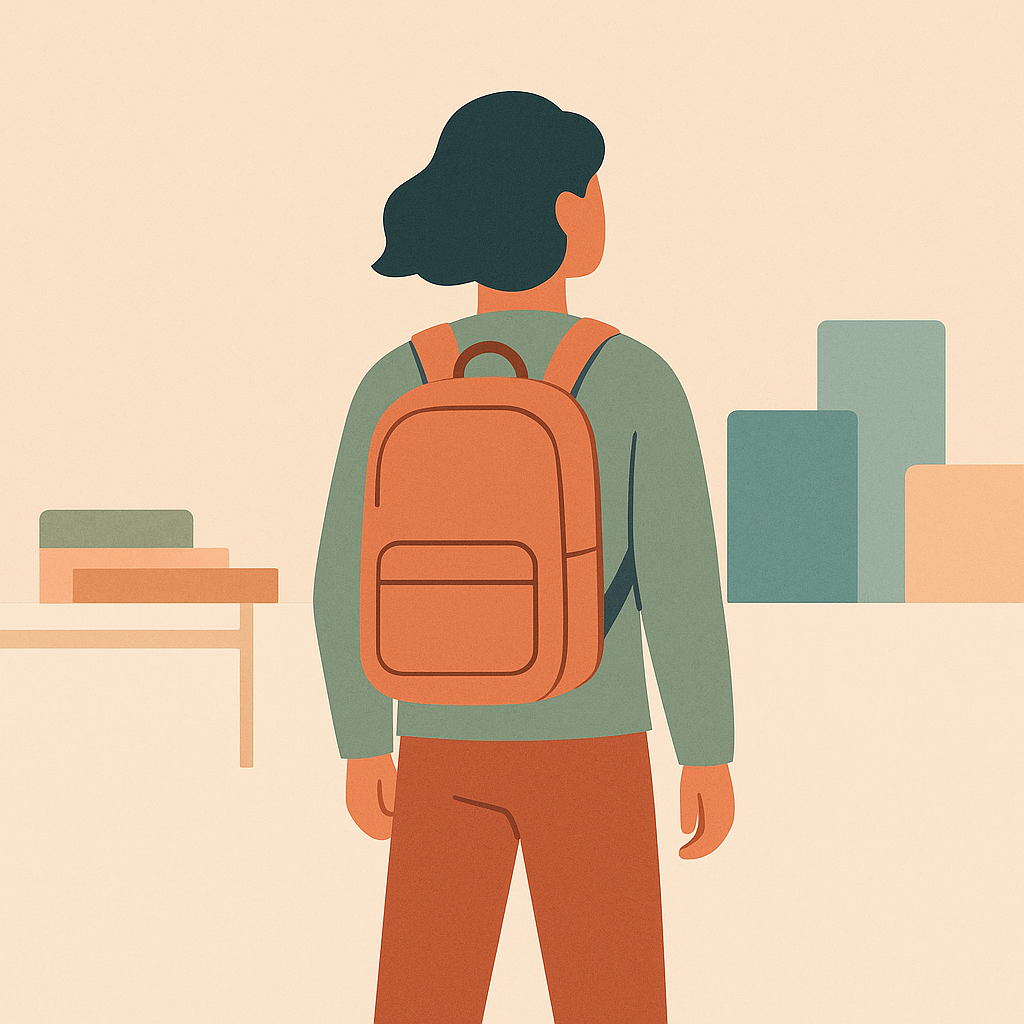Image credits: Top Left - HidrateSpark PRO Water Bottle (Hidratespark.com), Top Middle - Samsung Family Hub™ 4-Door Flex™ Refrigerator (Samsung.com), Top Right - Apple Watch with Activity Rings (Developer.apple.com), Bottom Left - TOTO NEOREST® NX2 Dual Flush Toilet (Totousa.com), Bottom Middle - ZocDoc App (Zocdoc.com), Bottom Right - Withings Body Cardio Smart Scale (Amazon.com)
I’m a big believer that health and fitness technology including wearables, health apps and devices, and virtual care services can improve our lives.
There are some amazing stories in which these kinds of tools help people shed hundreds of pounds, save thousands of dollars, or even save a life.
But what about the everyday impact on the rest of us? Are these “digital health” tools making a noticeable difference? I’m looking for real life stories of how modern tools are making people’s lives better. Which ones do you use, and why?
I’ll kick off the conversation by sharing some of my own personal experiences trying wellness and health apps and gadgets over the years. To my own surprise, my favorites have little to do with accessing my medical records, a goal I worked on for years professionally.
Here are my takeaways:
Life Changing Apps and Tools
-
Telemedicine I use it to get medical advice and treatment for me and my kids. Immeasurably convenient and reassuring, even absent a pandemic.
-
Scheduling I use the Zocdoc app to find specialists, like the time I needed an eye doctor when I was in Las Vegas for a conference. I’m so grateful!
-
Weight Loss and Behavior Change I’ve used the Noom app to lose a few pounds and to reframe my thinking more positively when it comes to the psychology of weight loss (or sticking with any healthy habit for that matter!). It's effective and engaging for the occasional three-month stretch. I also love the clear, real-time presentation of the relationship between calories eaten vs burned.
Not Worth it for Me
-
Wireless Scale I used a Withings scale to track my body weight for several years. It had the unintended consequence of informing me of my guests’ weight when they tried it (presumably unaware). Interesting, but ultimately non-essential for me.
-
Meditation Apps I’ve tried Headspace and other mindfulness apps. These are great for some people, but I just can’t get into them.
-
Smart Fridge My family and I bought a Samsung Family Hub fridge which could, in theory, improve our diet by suggesting recipes and avoid food waste by showing us what’s in the fridge virtually. But it’s actually not that smart or user-friendly IMHO, and the ice maker keeps freezing. It doesn’t connect to several other “smart home” products, and duplicates the features of a smart speaker, but less well. Best parts: a shared digital grocery list the whole family actually uses, and a constantly updating display of pictures of our cats curated by my 12-year-old daughter.
-
Smart Water Bottle I tried the Hidrate Spark to help me stay more hydrated. Fun light up effects, but not worth the extra cleaning hassle or, frankly, the bother of dealing with the app. I just keep an old-school water bottle on my desk.
-
Smart Thermometer Hated it! Hard to use, a hassle to charge. Just give me a basic mercury one, please, my kid is sick and I just want it to work now.
-
Smart Toilets I have a Toto Washlet at home and have tried others. The heated seat and cleanliness features are great, but I look forward to the day when these toilets really get “smart'' and meaningfully analyze my health.
Over time the one digital health device that has most impacted my life is an activity tracker, specifically the Apple watch. I’ve also tried the Fitbit, the now defunct Jawbone Up, and the elegant Misfit Shine, which kept coming apart, though the company graciously replaced it.
For now, I’m sticking with my Apple watch, for the following reasons:
-
It helps to streamline my life: (watch + tracker + heart rate + phone + text + music = magic).
-
It’s easy to use: just charge nightly and wear = easy habit. Also the interface is simple and clean.
-
It looks good: dress it up or down.
-
It connects easily to other tools to share data (synergy with iPhone and Apple Health app is key).
-
It protects my privacy. (I think. I trust that Apple is strong on this front partly because selling devices and not my data is their business model.)
Which wearable or digital health tool has changed your life the most? Let me know if you have a story (success, horror, or otherwise funny stories are all fair game!) or tips you’d like to share.

